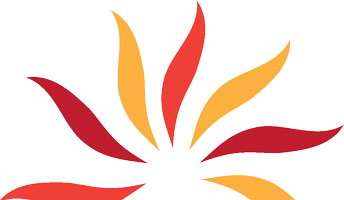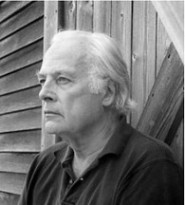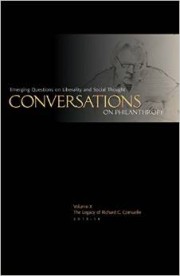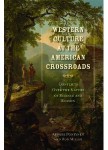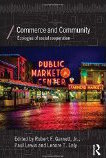Making Sense of Social Complexity
This collection of articles considers how we as individuals, groups, and society as a whole might make use of deeply human tools—from psychology to social learning—to make sense of the complex world in which we live.
From The New Atlantis
By Daniel N. Robinson
Robinson teases out the tension between empirical explanations and other modes of sensemaking in the world such as narrative, philosophy, religion, and aesthetics. Without dismissing either, he helps to situate both—information and meaning—in their proper place. In particular, he eschews the ability of experts to offer universal physical explanations for complex social phenomenon. He writes, “The problems generated by billions of persons living lives shaped by culture, religion, education, and history are and will remain daunting. They are not to be outsourced to scientists or technologists promising to strip them of their complexity.” He goes on, alluding to Shakespeare, “’The play’s the thing’ reminds us that it is only when the story is fully told that we can locate ourselves within it. What counts here is not information in the dimensionless sense of bytes, but meaning in the full sense of a story told.”
Social Learning, Civility, and Complex Societies
From Conversations on Philanthropy
By Heather Wood Ion
In this essay from 2011, Ion considers how philanthropy, mutual aid and voluntary associations might proceed in our complex society. In the midst of this ever-adapting landscape—all the more enabled by technology—a posture of mutual learning is required for us to make sense of local challenges and to creatively respond. Offering an alternative to the design of grand solutions, Ion writes, “Our complex world has been built by optimists and adventurers who embraced the paradox and ambiguity of knowing that what would emerge from shared effort would be something mysterious, unknown, and immeasurably fascinating. It is our responsibility to seek out the margins and boundaries of our assumptions regarding what is possible, until we glimpse, like a promised land, the emergent whole.”
From Fee.org
By Jeffery Tucker
Tucker exposes the internal realities of achievement – the struggle between feeling like a genius and an impostor in the midst of any creative pursuit. He offers a more balanced perspective of genius that considers the intelligence of institutions as well as that of the individual. “Hayek showed us that individual genius is not necessary,” Tucker writes. “The highest forms of intelligence do not live in individuals’ minds but in social processes and institutions that no single human mind can fully conceptualize. The result is an order that no man can accurately comprehend or describe, much less design.” As for the individual, our role is to focus on the task at hand and to be quick to recognize genius in others
‘Let the Soul Dangle:’ How Mind Wandering Spurs Creativity
From Aeon.co
By Julia Christensen, Guido Giglioni, Manos Tsakiris
Christensen, Giglioni and Tsakiris explore how mind wandering can have positive effects on creativity, problem-solving, and the overall wellness of mind. They probe further asking whether art might be a useful catalyst in eliciting this psychological state. Though viewed as unproductive, the wandering mind can generate meaningful connections to help us make sense of (and contribute to) the world around us.
